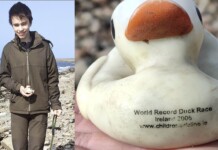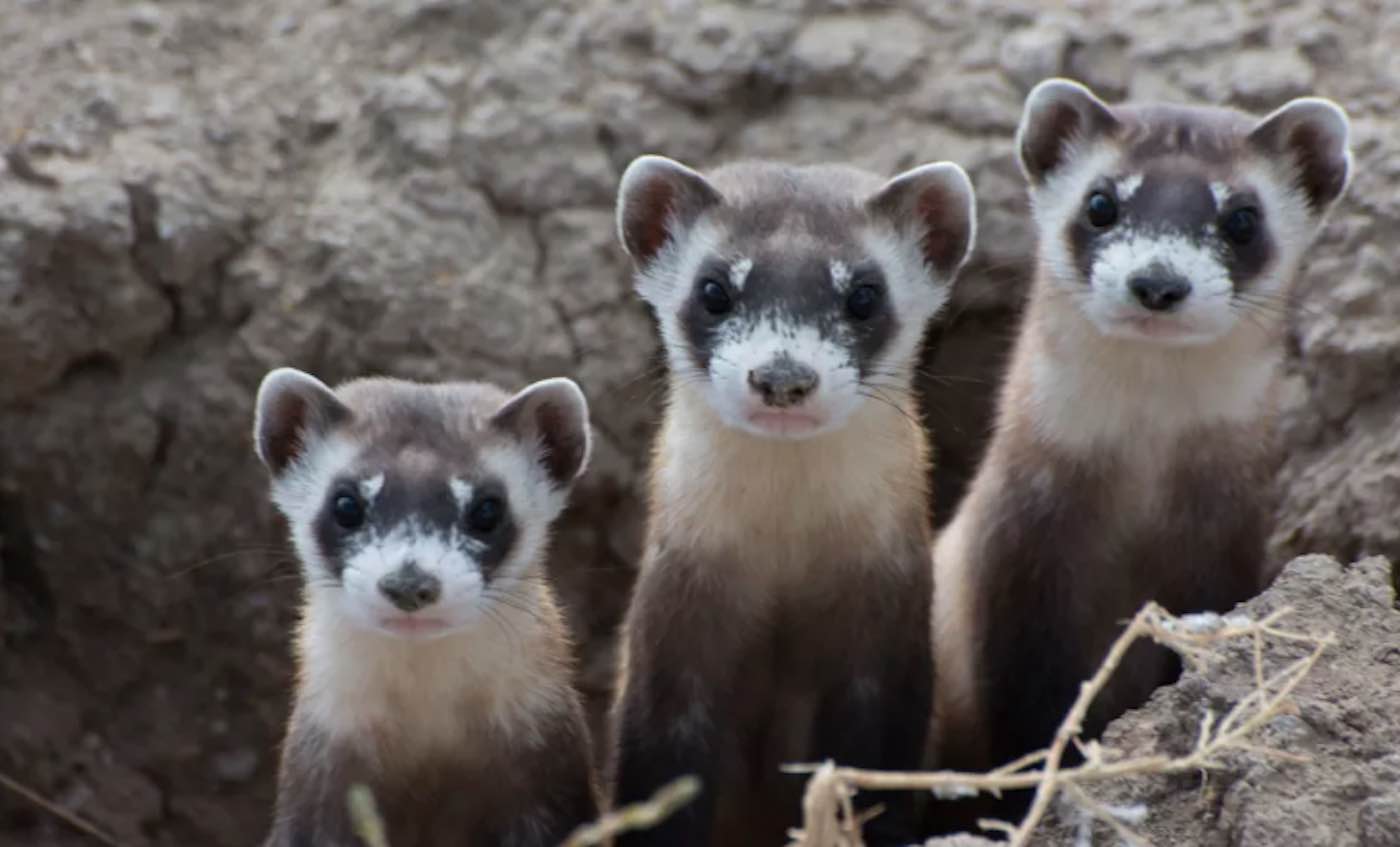
The Lesson: A species on the brink of extinction can be saved – but at what point do the expenses and resources spent on that effort become too much to bear? This question has become increasingly difficult to answer, as scientists and journalists alike work to understand the merit of saving a species when doing so has no clear-cut benefit, but this conservationist says that these efforts can result in groundbreaking new discoveries, biotechnology, and perhaps even commercial products.
Notable Excerpt: “…there’s another way that all this ferret saving work could have indirect benefits … CRISPR could be used to help ferrets. But CRISPR (a gene editing technology that could help the ferret become resistant to disease) is so new, there’s a lot to be discovered still, and maybe when scientists poke around with CRISPR for ferrets, they’ll learn something about disease resistance, or genetic diversity. And that could be used to save other species; that could include keystone species, like the bush elephant, or the coral.”
The Guest: Kimberly Fraser is a conservation specialist and a trailblazer in the fight to save the black-footed ferret.
The Host: Harvard Graduate Dylan Matthews is a correspondent and journalist for Vox whose 2013 articles written for The Washington Post won him their “Publisher’s Award”. Matthews focuses on topics that are politically scientific and environmentally conscientious.
The Podcast: Produced by Vox, Future Perfect investigates effective altruism and the “innovative solutions to modern problems that no one is talking about”. Stream their episodes, each about 20 minutes per podcast, on Vox’s website, iTunes, and Stitcher.
(LISTEN to the inspiring talk below) – Photo by Kimberly Fraser / USFWS

Good Advice? SHARE It – Or Check Out More On Our Good Talks Page…




















